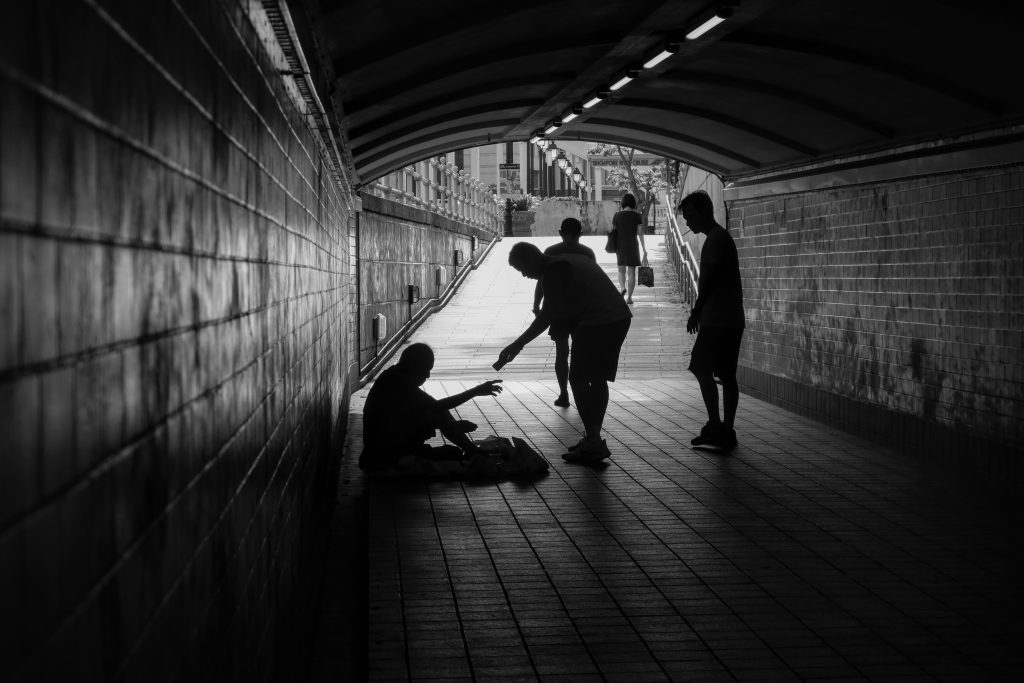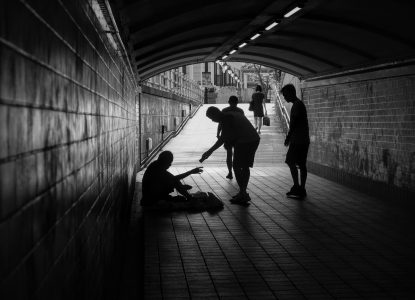As South Africa’s G20 Presidency releases the “Extraordinary Committee of Independent Experts on Global Inequality” report, Katherine Marshall, Vice President of the G20 Interfaith Forum, offered brief reflections on its significance. Convened at President Ramaphosa’s request and chaired by Joseph Stiglitz, the committee warns of a “global inequality emergency” and urges a fundamental shift in the G20’s long-term agenda. The full report and related discussions are available through official G20 channels.
Katherine Marshall, November 4, 2025
– – –
The Extraordinary Committee of Independent Experts on Global Inequality was convened under South Africa’s G20 Presidency and its report was released today. Chaired by Nobel laureate Joseph Stiglitz, the report states that humanity faces a “global inequality emergency.” President Ramaphosa commissioned the report with a view to shift the G20’s long-term agenda. It puts the challenges of inequality in stark terms, warning that the world’s richest 1 percent have captured over 40 percent of new wealth since 2000, while the poorest 50 percent gained barely 1 percent. Such extreme disparities, it argues, threaten the very foundations of democracy, social trust, and human dignity.
The committee’s language makes both moral and economic arguments. Inequality is framed not simply as an outcome of market dynamics but as a violation of ethical order, eroding the principle that each human being possesses equal worth. Inequality, in this analysis, undermines freedom, corrodes institutions, and violates what many faith traditions call the common good. The report’s appeal for a global response thus reads as both technocratic and moral—a call to conscience alongside a call to policy.
 Among its central proposals is the creation of an International Panel on Inequality (IPI), modeled on the IPCC for climate change, to coordinate research, monitoring, and policy guidance. It also calls for a new social contract grounded in justice, reciprocity, and responsibility: progressive taxation of wealth and inheritance, fair wages, universal access to health and education, and curbs on corporate and monopolistic power. These steps, it argues, are ethical imperatives as much as economic reforms.
Among its central proposals is the creation of an International Panel on Inequality (IPI), modeled on the IPCC for climate change, to coordinate research, monitoring, and policy guidance. It also calls for a new social contract grounded in justice, reciprocity, and responsibility: progressive taxation of wealth and inheritance, fair wages, universal access to health and education, and curbs on corporate and monopolistic power. These steps, it argues, are ethical imperatives as much as economic reforms.
The document draws implicit resonance with the moral language of global religious leadership—from Pope Francis’s denunciation of “an economy that kills” to Islamic, Buddhist, Hindu, and Jewish teachings that equate justice with communal balance. Its insistence on dignity, stewardship, and solidarity aligns closely with Catholic social thought’s principles of the common good, subsidiarity, and preferential option for the poor. Faith traditions, the report implies, can serve as moral catalysts for political courage in the face of entrenched inequality.
The idea of a well defined and continuing G20 focus resonates with the G20 Interfaith focus on leaving no one behind, and translating the spirit of Ubuntu into policy and practice.
– – –
Katherine Marshall is a senior fellow at the Berkley Center for Religion, Peace, and World Affairs at Georgetown University. She serves as the vice president of the G20 Interfaith Association and executive director of the World Faiths Development Dialogue. With over three decades of experience at the World Bank, Marshall has been at the forefront of addressing development issues in the world’s poorest countries, with a particular focus on the intersection of religion and global development.


